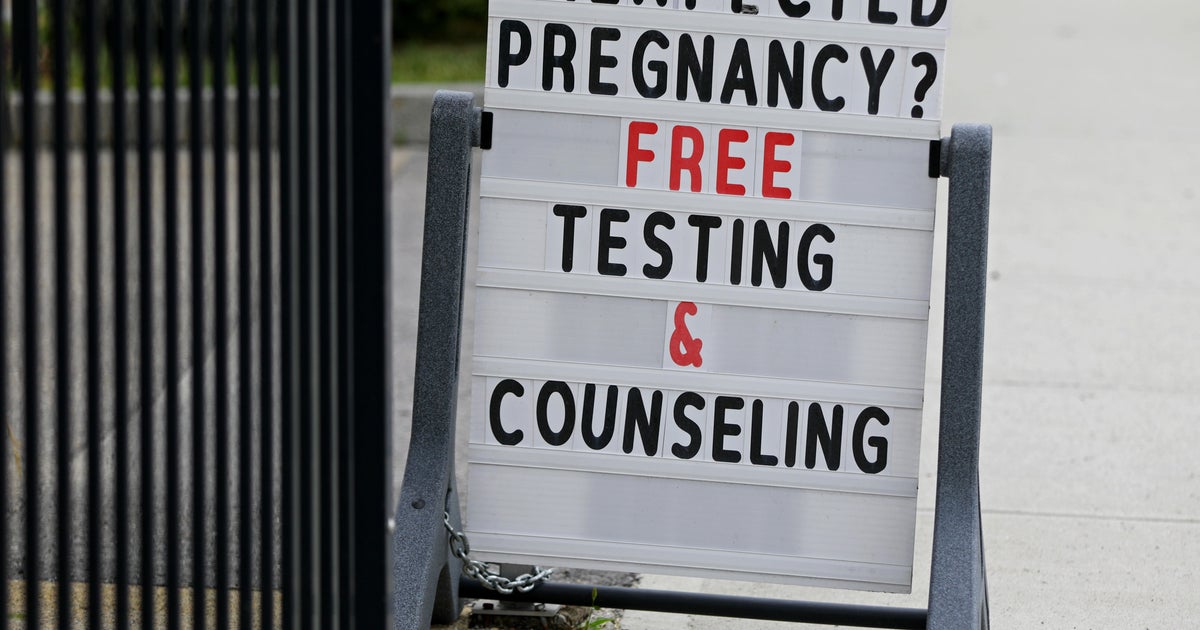Instagram co-founder says breaking up Facebook won't blunt its power
Instagram co-founder Kevin Systrom said breaking up Facebook — a popular stance among many lawmakers and presidential candidates — wouldn't eliminate the internet company's sway over public policy.
"If you think that the problem is that someone has too much power over policy decisions, don't think that if you were to peel off WhatsApp and Instagram, that all of a sudden solves that problem," said Systrom, who spoke Wednesday at the New York Times' Dealbook conference. "You still have two and a half billion people on Facebook."
Systrom said he doesn't regret selling his formerly fledgling company to Facebook, which acquired the photo-sharing service in 2012 for a jaw-dropping $1 billion at the time, adding that it is unfair for others to question his decision now.
"When someone comes to you and offers you $1 billion for 11 people, what do you say?" he said. "If big companies weren't allowed to buy little companies, you would have a lot of innovation that just won't take off."
As an example, Systrom pointed to Oculus, a virtual reality company that Facebook bought in 2014 for $2 billion. "It's a very new technology that needs a very long runway and needs someone who believes in it to make it a reality."
Systrom and Instagram co-founder Mike Krieger left Facebook last year, saying at the time that they were "ready for our next chapter." The pair launched Instagram in 2010.
Systrom's comments come amid growing concern that Facebook and other social media players have too much control over online speech. Speaking at the same event, U.S. Justice Department antitrust chief Makan Delrahim said on Wednesday that his team is looking at how Facebook and other tech companies use people's data.
"Data can give you market power, and its abuse would be a violation of antitrust law," he said.
Systrom said he backed some form of censorship on the free-wheeling internet, but he disagreed with Twitter's recent decision to ban political advertising.
"I think there has to be some place in the middle," between Twitter's ban and Facebook's open advertising model, Systrom said. "Politicians should be able to reach people with their message. The other logical extreme — that it just isn't police-able — that doesn't seem like the right answer, either."



